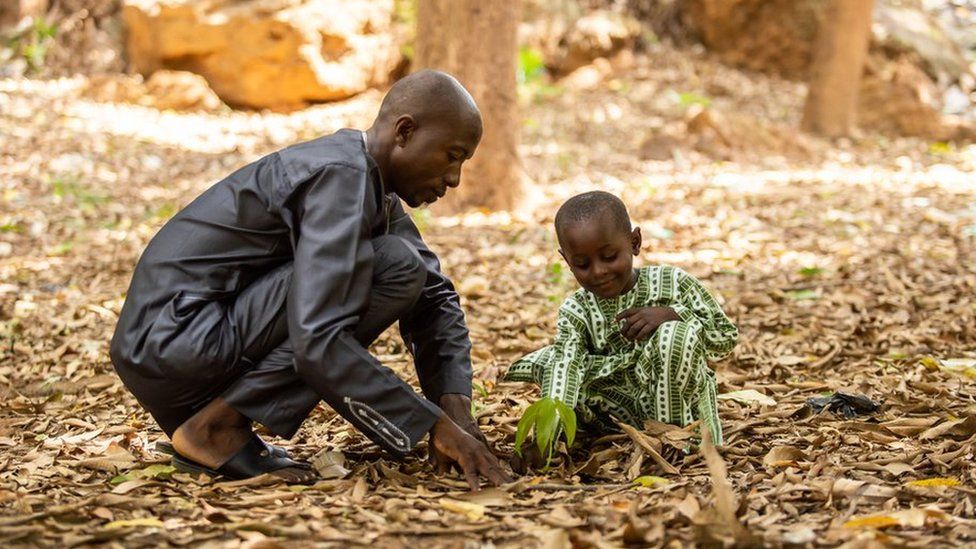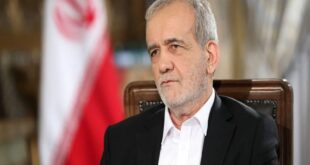
Africa is the continent likely to bear the brunt of the effects of climate change even though studies show it has contributed least to the crisis.
So even though Africa has released relatively small amounts of greenhouse gasses into the atmosphere, those living on the continent are likely to be the victims of climate emergency disasters.
It is already suffering from extreme weather events and changes to rainfall patterns linked to climate change – leading to droughts and flooding. With a rapidly rising population, this has knock-on effects for food, poverty and gives rise to migration and conflict.
Here five climate experts tell the BBC’s Dickens Olewe the issues world leaders need to remember as they hammer out solutions to rapid climate change at COP26.
‘Africa’s development is non-negotiable’
Dr Rose Mutiso, Kenyan – research director of Energy for Growth Hub:
The average African uses less electricity each year than one refrigerator consumes in the US or Europe.
But this is going to grow – especially as temperatures rise – as Africans will have to have more energy to cool their homes and irrigate farms.

Africa too must be allowed to develop and build up its infrastructure – something that requires more energy.
So we must simultaneously have more power for rapid economic growth and quickly find alternatives to fossil fuels to provide this energy.
Yet African countries are being constrained by rich nations who make grand statements about their commitments while continuing to burn fossil fuels at home.
Kenya already generates a far greater share of its renewable power than the US or Europe.
This is because there are schemes that enable rich countries to offset their emissions by paying poorer one to switch to cleaner fuels.
While Africa welcomes partnerships, countries on the continent cannot sacrifice their ambitions. More thought needs to be given to what Africa needs in terms of industrialisation and creating jobs.
This means that richer nations need to actually reduce their own emissions and they need to live up to funding promises – in the past there have been pledges but little upfront money.

World Opinions News – BBC News




 World Opinions Débats De Société, Questions, Opinions et Tribunes.. La Voix Des Sans-Voix | Alternative Média
World Opinions Débats De Société, Questions, Opinions et Tribunes.. La Voix Des Sans-Voix | Alternative Média




